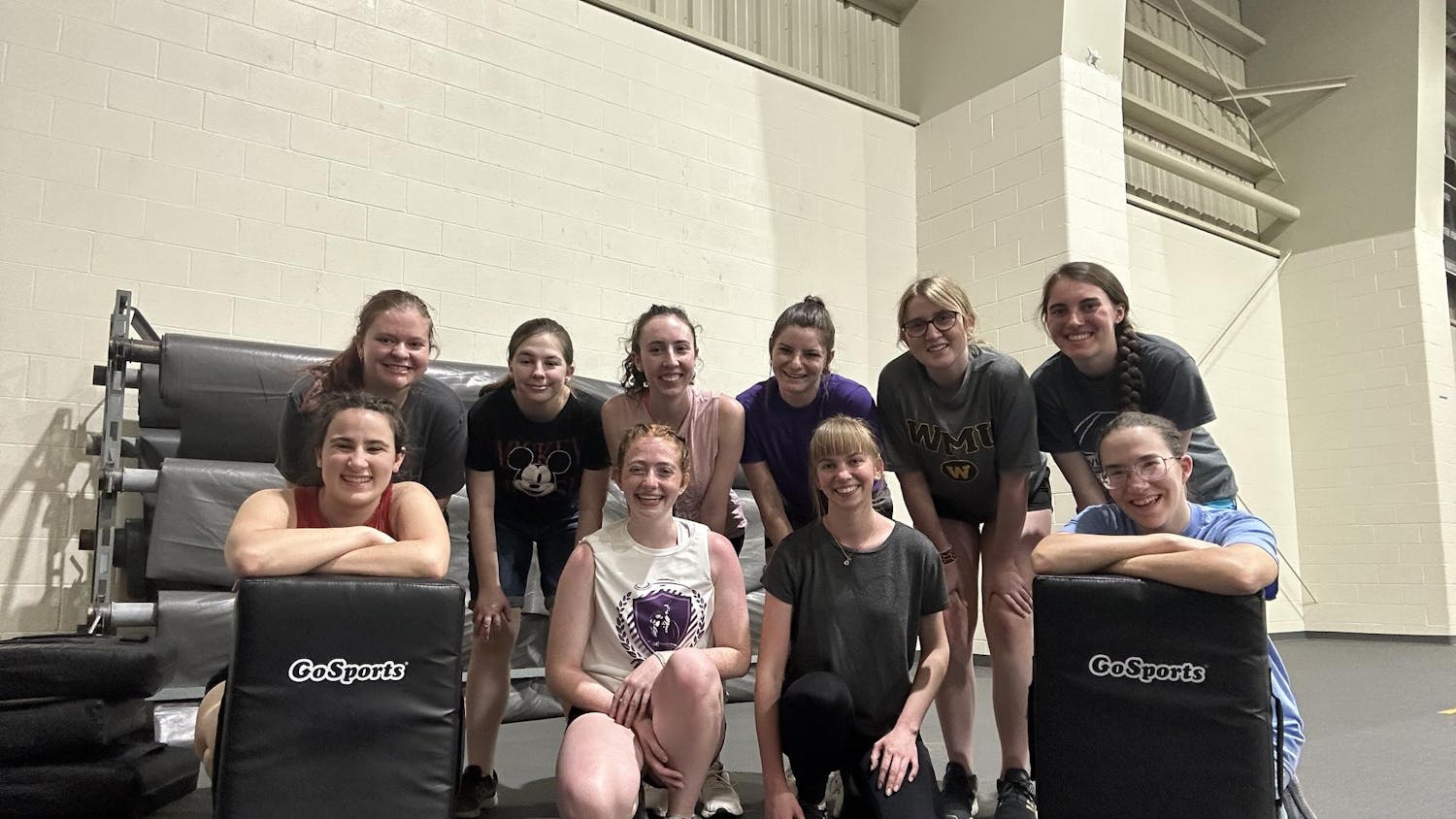By David Adams
If you Googled yourself right now, what would you find? Photos from spring break? Videos from Airband? A MySpace profile you haven't updated since sixth grade?
If you're looking for a job or internship, the answer may be more important than you think.
Recent surveys by CareerBuilder.com and JobVite, a company specializing in recruiting via social media, put the amount of employers who use social media to evaluate job applicants between 37 and 48 percent. Both studies said employers relied primarily on Facebook and LinkedIn to conduct their social media-powered background checks, and Twitter came in third.
Diana Savage, a professional writer, editor and speaker and principal writer at Savage Creative Services of Seattle, advises students to consider anything that turns up in an online search "part of your job application."
"An employer will be impressed if a search for your name turns up such things as your resume on LinkedIn, Tweets related to your college major, photos of you building a Habitat for Humanity home, insightful comments you've left on pertinent blogs or your helpful how-to video on YouTube," Savage said.
CareerBuilder's study reported most hiring managers are using social media "to dig deeper than the traditional interview," rather than looking for reasons not to hire an applicant. Seven in 10 employers determine whether the candidate presents him or herself professionally. Half of interviewers look for evidence that the employee would be a "good fit for the company culture."
Savage also said employers look for information "not related to job performance" like age, marital status or the reason for leaving one's last job, clues that help employers develop a complete profile of the candidate.
On the other hand, Savage warned that negative elements of one's online presence can be harmful.
"Social networking updates that contain inappropriate photos or offensive language can definitely hurt your employment chances," she said. "In today's competitive job-hunting market, even elements that might be considered merely juvenile or unprofessional could work against you."
JobVite and CareerBuilder's studies also noted the importance of communicating smartly, even online. Recruiters view spelling or grammar mistakes negatively. Bad-mouthing previous employers, lying about your qualifications or making discriminatory comments related to race, religion or other topics also raise red flags for recruiters.
"Words never disappear," Savage said. "You don't want some off-the-cuff remark to come back and haunt you. . . . Always remember that everything about you on the Internet could be viewed by industry professionals at any time."
The benefits of cultivating a positive online presence are many. JobVite's survey said nearly nine in 10 employers have made a hire through LinkedIn and a quarter of employers through Facebook.
Nearly three in 10 hiring managers have made one or more discoveries on social media that led to them extending an offer, CareerBuilder's study found. Most said they "got a good feel for the candidate's personality" or the "candidate conveyed a professional image."
Other recruiters found that their candidates' social media presences confirmed what they said in their interviews, demonstrating their qualifications, interests, good communication skills or even their creativity.
"Hiring managers and human resources departments have to make a careful, determined decision as to whether information found online is relevant to the candidates' qualifications for the job," said Rosemary Haefner, CareerBuilder's vice president of Human Resources.
What potential employers discover about you online could very well be the difference between a job offer and a rejection email. See Savage's tips below to learn how to enhance your online image.
Interview with Savage conducted by Katelyn S. Irons, Local News/Copy Editor.
--Savage's Tips for Enhancing your online image
Be consistent
Ensure that employers can find information about your education and work online. Make sure the information is the same across social media websites.
Play the name game
Choose a professional form of your name. If someone famous-or notorious-shares your name, consider adding a unique element like your middle initial or name. Be sure to use the same name across websites and on your resumé and business cards.
Expand beyond Facebook
Create profiles on Google+, Twitter and, most importantly, LinkedIn. Include a professional image for your profile pictures, and list your education, skills, achievements and interests. Keep all sites up-to-date.
Be the expertStart a blog related to your career interests. Write insightful, helpful posts to generate traffic (and search engine attention), and include links to your website and social media profiles.
Promote the positive
Ask friends and family to delete potentially embarrassing information from social networks. Bury anything unsightly beneath positive images and posts, and adjust your privacy settings so that employers can't see anything that doesn't reflect well on you.
Let Google Google you
Set up Google Alerts to monitor what comes up in a search for your name periodically. Use Facebook's "View As" tool to see what your profile looks like to the public.





